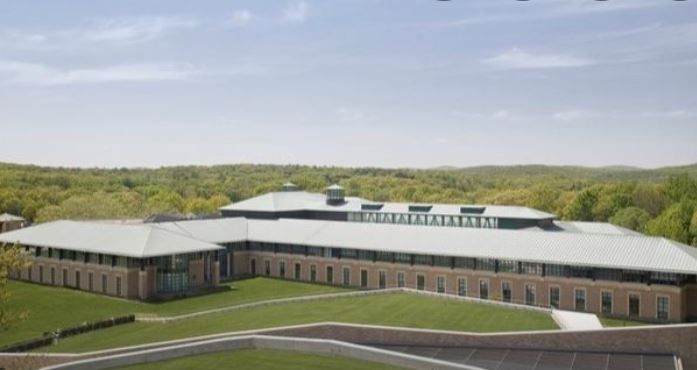Dive Brief:
- The Food and Drug Administration has granted Becton Dickinson 510(k) clearance for its updated Alaris infusion pump, paving the way for the company to begin distributing the system again and to remediate or replace all older versions of the device in the field, BD said Friday.
- The FDA’s green light comes two years after the company filed a new submission for modifications to the pump, which delivers medications and other fluids intravenously to patients, following a series of recalls due to system malfunctions.
- A large installed base of Alaris systems remains in hospitals. BD said it will address all recall requirements still open to bring those devices into compliance with the FDA clearance, including hardware, software and cybersecurity updates.
Dive Insight:
Widely used in healthcare, infusion pumps from a number of manufacturers have been among the devices that frequently appear on the FDA’s annual recall list in recent years due to persistent safety problems. The devices deliver fluids directly into the vascular system that cannot be provided less invasively, and a malfunction that interrupts treatment can cause patient harm.
After a string of recalls involving Alaris hardware and software, the FDA in 2020 required BD to file a new 510(k) application to review changes to the device.
At the time, BD said Alaris systems were being used in the care of 70% of patients on infusion pump therapy. The Franklin Lakes, New Jersey-based company stopped distributing new pumps, except in cases of medical necessity.
In announcing the FDA’s clearance decision Friday, BD said it has invested in increased manufacturing capacity to support the remediation and replacement of existing devices and the Alaris relaunch, with full commercial operations and sales in its infusion business expected to scale up over time.
“Reaching this critical milestone puts to rest a significant overhang on BDX shares and once again enables full Alaris commercialization,” Stifel analyst Rick Wise said in a research note. “The FDA decision clearly is supportive of Becton’s ability to maintain, if not expand on, their leading market share position.”
The company expects to absorb initial capacity investments within its 2023 financial guidance range and sees no material incremental revenue contribution from the device this fiscal year. It expects to begin shipping devices and recognizing revenue in fiscal 2024.
FDA’s clearance for Alaris increases the company’s confidence in reaching its fiscal 2025 financial targets of 5.5% revenue growth or higher and adjusted earnings per share growth in the double digits, BD said.
KeyBanc Capital Markets analyst Matthew Mishan estimated that BD has maintained about 55% to 60% of infusion pump market share in the U.S. over the last several years. With the device largely off the market, “we believe it’s created pent-up demand across the industry and would expect a multiyear replacement cycle for BDX,” Mishan wrote in a research note.
BD called the new infusion system the most comprehensive in the U.S. market, incorporating large-volume as well as syringe and patient-controlled analgesia pumps, respiratory monitoring, dose error reduction software and electronic medical record interoperability.

